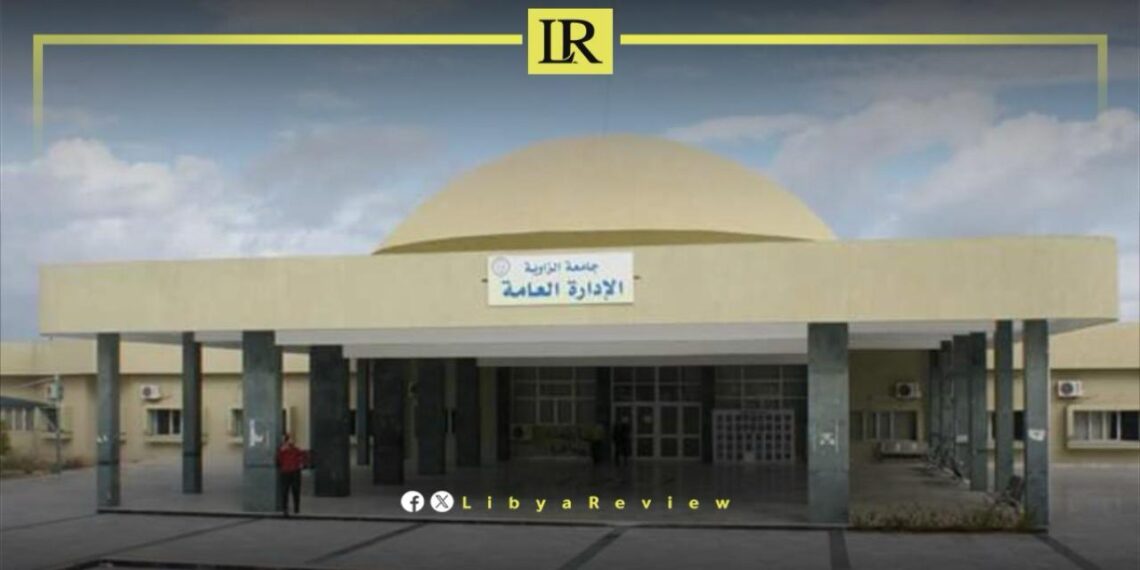Several faculties at ِAl-Zawiya University have announced the postponement of classes and exams scheduled for Sunday due to the ongoing security tensions that persisted throughout Saturday.
The faculties that have declared a suspension of academic activities include Languages and Translation, Science, Education, Petroleum and Gas Engineering, Economics, Oral and Dental Medicine and Surgery, and Sharia Law.
Violent clashes erupted on Saturday in various areas of ِAl-Zawiya city between armed groups, leading to heightened security concerns.
The Red Crescent, ِAl-Zawiya branch, has appealed to the conflicting parties in the Harsha area to cease fire and establish a safe corridor to facilitate the evacuation of families trapped in the conflict zones.
The Emergency and Ambulance Service has also announced the securement of a route for citizens returning from West ِAl-Zawiya to Tripoli, in cooperation with the Municipal Council.
Additionally, travelers using the coastal road in ِAl-Zawiya are advised to exercise caution and vigilance due to the tense security situation in the area. They underscore the impact of the clashes on the local community and the university’s academic schedule.
Notably, Osama Hammad, the Prime Minister of the Libyan Government-designate, called for an immediate ceasefire and urged parties to resort to official state institutions on Sunday.
Through a statement on the X platform, Hammad expressed his concern over the ongoing armed confrontations in Al-Zawiya, which involved the use of heavy and medium weaponry and led to several deaths and injuries.
Hammad appealed to all armed factions to cease fire immediately and engage with the official state apparatus to resolve their disputes.
The call for peace comes in the wake of clashes triggered by the injury of two individuals from the Harsha area of the city, involving unidentified armed groups, according to Libyan television reports.
Safety in Libya’s capital, Tripoli is continuously deteriorating, with threats of kidnapping and murder a daily occurrence for residents.
Over the years, kidnappings, arrests, and assassinations have increased substantially in western Libya. This is evident in the repeated statements of the Ministry of Interior, about the arrest of gangs and individuals involved in the kidnapping and extortion of expatriate workers.


